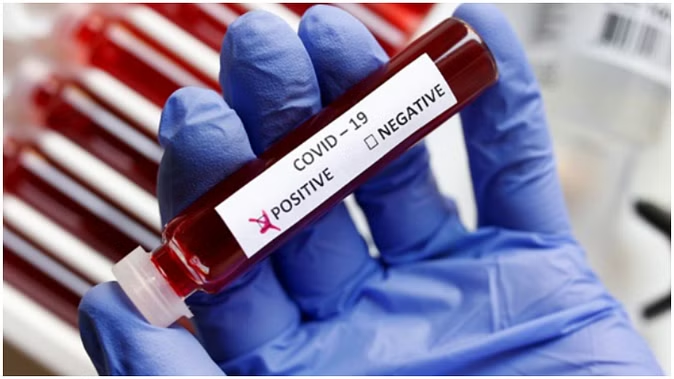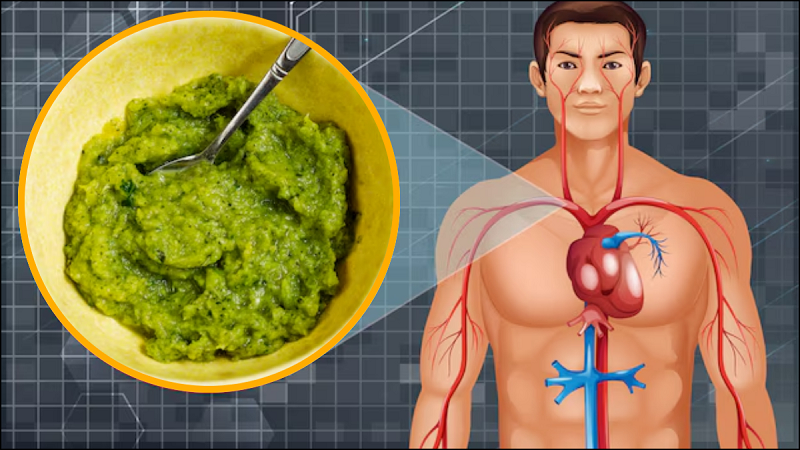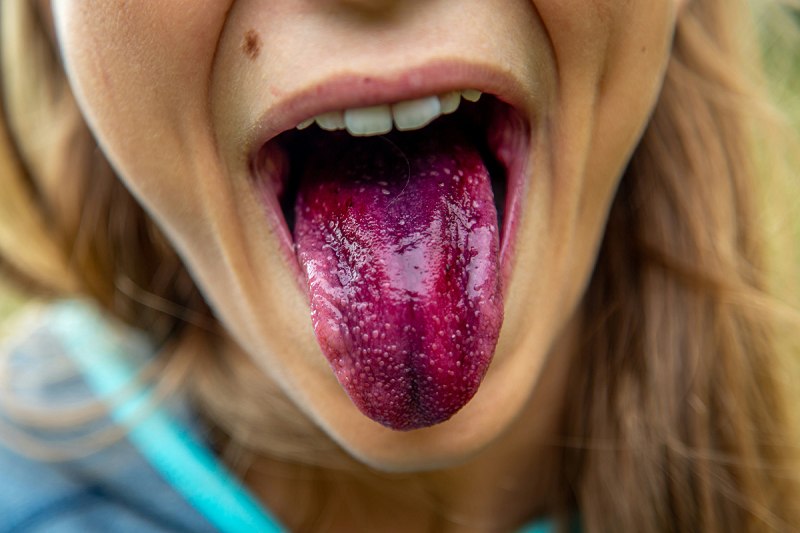A sudden increase in cases of corona infection has been reported in the last few days in many countries of the world including India. After the increase in infection cases in China in November, there is news of the situation worsening in Singapore and then India. Talking about the data of Saturday (December 23), the daily cases of coronavirus infection in the country have broken the record of almost eight months.

According to the Union Health Ministry, 752 cases were reported in a single day in the country on Friday, the highest since May 21. With this, active cases of Corona in the country have crossed the 3,000 mark and reached 3,420. Four people (two from Kerala and one each from Rajasthan and Karnataka) have also died in the last 24 hours.
The rapidly increasing JN.1 variant is being considered the main reason for the increasing cases of COVID-19 across the world. In the studies conducted so far, this variant of Corona has been said to be similar to the previous variants of Omicron, but some things make the nature of the JN.1 variant dangerous. Let us know.
What do health organizations say?
All the health organizations of the world, including the Centers for Disease Control and Prevention (CDC), say that the coronavirus is constantly mutating to keep itself alive. JN.1 is a variant of the same. The current winter wave of infection has suddenly increased the concern, but due to this variant, only mild symptoms are being seen in most of the patients, and a large number of people are recovering by staying at home. However, due to additional mutations in JN.1, there is a risk of rapid increase in infection.
Are the symptoms of JN.1 different from earlier variants?
Studies conducted so far on this new sub-variant show that the same problems are being seen in people infected with the JN.1 variant as in the earlier variants of Omicron. The type of symptoms and how severe they can generally depend on a person's immunity and overall health, not the variant, the CDC said in a report discussing the nature of JN.1. Still, problems like fever, sore throat, cold, and cough are being seen in most of the people.
The incubation period is an increasing concern
Studies conducted to understand the nature of JN.1 have found that its incubation period can be a cause for concern. The incubation period is the time it takes for symptoms of infection to develop after a person has been exposed to a disease-causing organism (such as a bacteria, virus, or fungus).
It has been tracked that in the new corona variants, there has been a gradual decline in their incubation period. Research published by the CDC found that this time could be reduced by an average of 2 to 3 days.
What is the opinion of experts?
Regarding the increasing risks of Corona, health experts say that due to the new variant, concern has increased at the global level. Continuous research is being done to better understand its nature. We all should not be careless in taking measures to prevent corona. It is important to continue following COVID-19 COVID-19-appropriate behavior, wear a mask, and take precautions.
(PC: iStock)










